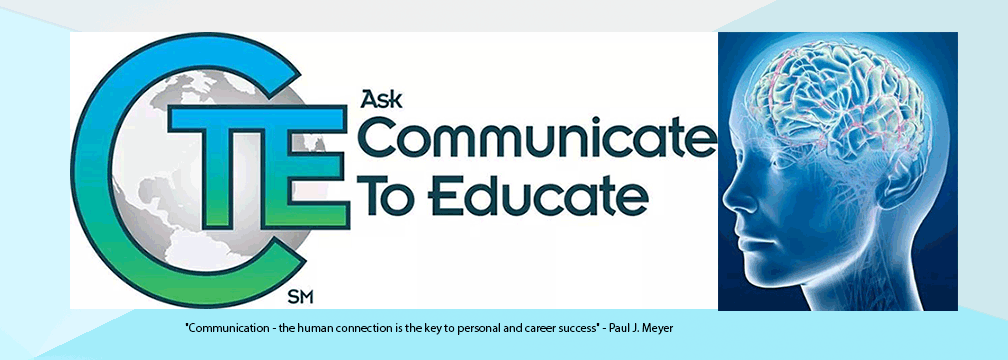| |
Neurological and Stroke Disorders
|
| Dysarthria is a motor speech disorder |
The muscles of the mouth, face, and respiratory system may become weak, move slowly, or not move at all after a stroke or other brain injury. The type and severity of dysarthria depend on which area of the nervous system is affected. |
| Some causes of dysarthria include stroke, head injury, Parkinson, cerebral palsy, and muscular dystrophy. Both, children and adults can have dysarthria. |
| |
| Aphasia |
Is disorder that results from damage to the parts of the brain that contain language. Aphasia causes problems with any or all of the following:
|
| speaking, listening, reading, and writing. |
|
| Parkinsons Disease |
| A progressive disorder of the central nervous system associated with deterioration of hthe brain cells that produce dopamine which cause unintelligible speech, low |
| voice, slowing of movement weak muscular coordination and tremor. |
| As a result of Parkison's disease, you may need to either talk loud, or shout to have a normal voice. Are you experiencing decreased activity, very soft monotone voice, |
| articulation disorders, a masked face or mild to obvious postural changes? If you answered YES to any of these questions, then you will benefit from my therapy. |
| Please contact me for details and consultation. |
| |
| Location |
| Services are provided in natural settings: community building, school, home, and business office. |
| |
Payment Options |
| Currently accepts private pay, medicare, medicade and select insurance plans. Please contact us to inquire about acceptance of specific insurance plans or programs |
| |
| Contact US |
| Address: |
8546 Palm Parkway Suite 314 |
Email: |
Maliha@Ask-CTE.com |
Phone: |
407-724-7200 |
Fax: |
1-888-975-9406 |
| |
Orlando FLorida 32836-6415 |
Please Like us on Facebook to get updates: ASK-Communicate to Educate |
|
